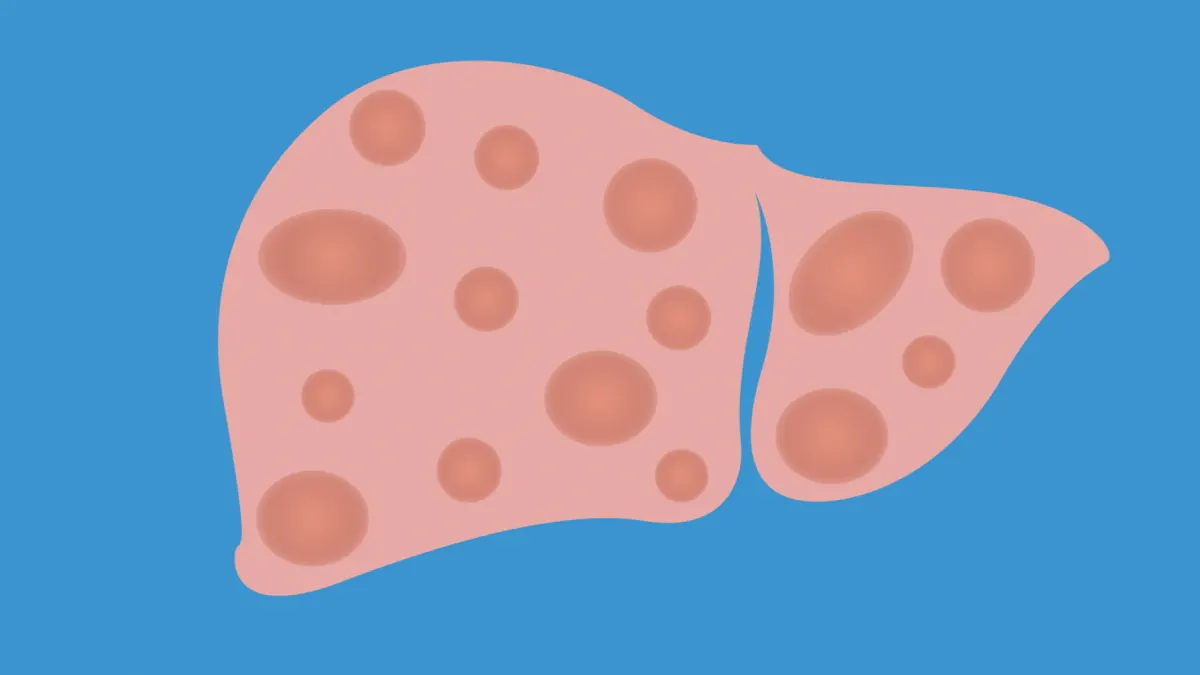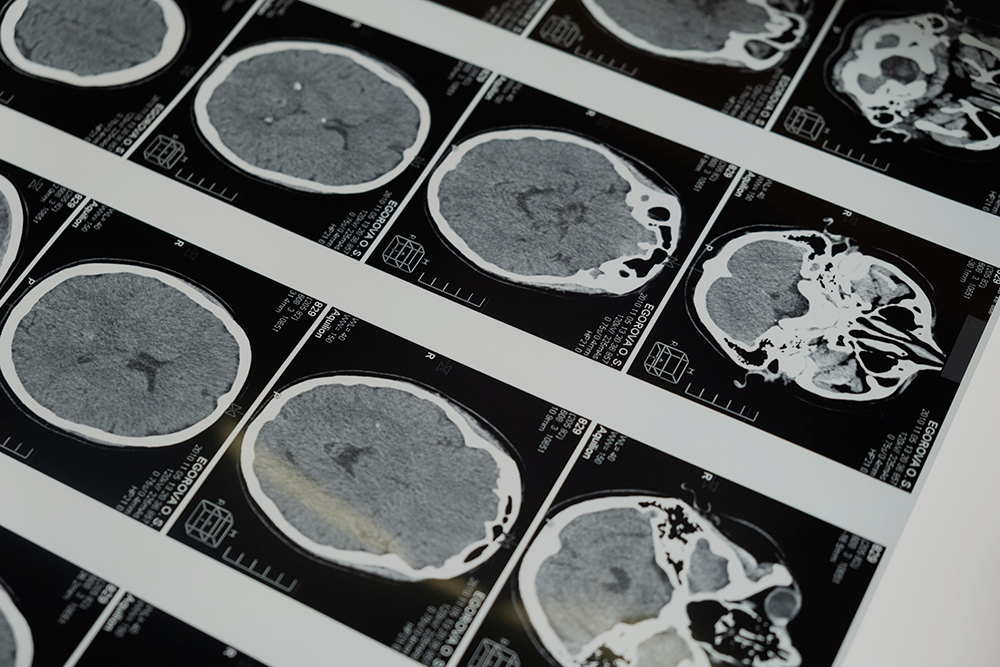
It comes as no surprise that obesity can lead to heart disease, among other deadly diseases. Obesity is defined using a person's body mass index (BMI). However, being categorized as "obese" is not the only cause of heart disease. In this blog we will discuss what heart disease is and the habits you are doing right now that are placing you at a higher risk of heart disease.
Contrary to common belief, heart disease is not only caused from your bad cholesterol levels. As a matter of fact, heart disease is a result of inflammation in the artery walls. But in order to understand where inflammation begins, we must first understand what cholesterol is and how is plays a part in this deadly disease.
Cholesterol
Cholesterol is a fat-like substance that resembles a waxy texture and comes from your liver, which produces a sustainable level of cholesterol needed to survive, and from the foods you eat. Although an initial amount of cholesterol in your blood stream is not bad for you, it can be deadly if it begins to build up in your cells, thus causing inflammation. There are two types of cholesterol: good and bad.
The Good Guy - HDL:
High-density lipoprotein (HDL) is categorized as the "good" cholesterol. HDL cholesterol is known to find and remove the "bad" cholesterol in your blood stream by transporting the LDL cholesterol to your liver where it can be reprocessed into healthy fat. HDL also works to repair the inner artery walls, keeping them healthy and reducing your risk of heart disease.
A healthy level of HDL cholesterol is greater than 60 mg/deciliter.
The Bad Guy - LDL:
As you may be able to guess, LDL cholesterol is low-density lipoprotein and has the opposite effect of HDL. LDL cholesterol causes plaque build-up in the artery walls. Over time, this plaque will harden and narrow the blood vessels, making it harder for your heart to pump blood throughout your body.
Inflammation:
As we have discussed in our post about carbohydrates, inflammation is a result of a diet full of fatty foods and sugar. This inflammation is caused by the build-up and hardening of plaque in the artery walls. When this plaque hardens, it narrows the blood vessels and therefore limits the amount of oxygen-rich blood that can flow to the heart. And as you may guess, when your heart doesn't have blood to pump it, it fails. Thus causing a heart attack.
Prevention Methods:
Heart disease is the number one cause of death in the United States and it is primarily a result of living an unhealthy lifestyle. In order to reduce your risk of heart disease, you can engage in a few activities that will improve your health and your quality of life.
1.Exercise
By engaging in 30 to 60 minutes of a moderate level of exercise three to four times a week, you are significantly lowering your risk of heart disease. Not only will a regular workout regiment help you to lower your cholesterol levels and your blood pressure, it will also aid in weight loss!
2. Healthy Diet
Obesity is a leading cause of high cholesterol, high blood pressure, diabetes and thus, heart disease. As stated above, heart disease is a result of inflammation that is triggered by indulging in a diet full of fatty-foods. By consuming a diet full of vegetables, protein, and other nutrient packed foods as well as controlling your calorie intake, you can significantly lower your risk of plaque build-up in the arteries.
By engaging in exercise and eating a healthy diet, you are taking the first step to get in control of your weight and reduce your risk of death by heart disease or other lifestyle related diseases. Read more about other lifestyle changes to reduce your risk of heart disease here.










